Guidance regarding basic Islamic issues – which Hazrat Amirul Momineen, Khalifatul Masih Vaa has given on various occasions in his written correspondence and during MTA programmes – is being officially published below for everyone’s benefit
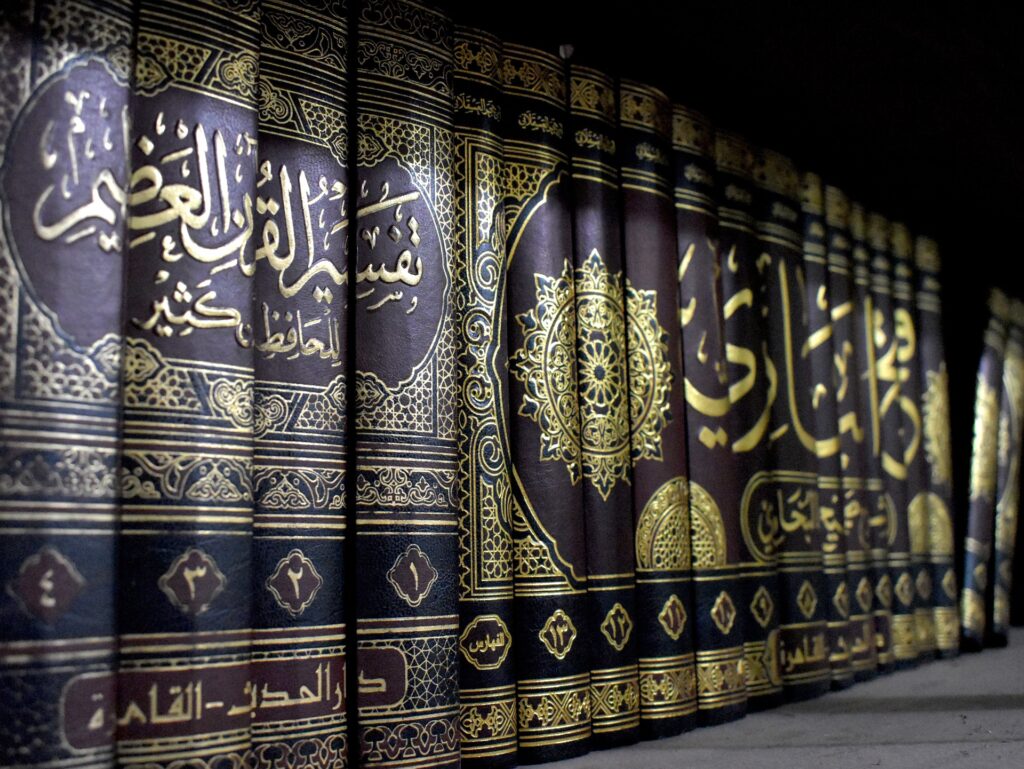
Usul al-fiqh
Someone requested Hazrat Amirul Momineen, Khalifatul Masih Vaa for guidance regarding a principle of fiqh according to which “the saying of a companion of the Holy Prophetsa is binding proof based on which an Islamic legal decree can be issued”.
Huzooraa, in a letter dated 20 July 2020, gave the following guidance:
“There is no doubt that the Companionsra were trained by the Holy Prophetsa. They acquired knowledge and spiritual insight from him. Hence, they had better insight into the objectives of the Shariah. However, this rule of the jurists cannot be considered a hard and fast rule because the sayings of the Companionsra, like the ahadith, were collected after the passing of the time of the Holy Prophetsa and the Companionsra.
“The status of the sayings of the Companionsra of the Holy Prophetsa is certainly below the ahadith of the Holy Prophetsa. Even numerous ahadith, after critical analysis, have been classified by jurists and other scholars as weak [da‘if] or forged [maudu‘]. Imam al-Muhaddithin, Hazrat Imam Bukharirh had memorised some 600,000 ahadith, of which he included only about 3,000 in his Sahih after 16 years of hard work. There are numerous ahadith narrated by Waqidi, a historian of the second century AH, which have not been considered authentic by the scholars.
“Hence, the real verdict is that which the Promised Messiahas, the ardent devotee of the Holy Prophetsa who was sent as the Just Arbiter [Hakaman ‘Adlan] for the Second Revival of Islam, has proclaimed. He states:
“‘What kind of a believer would not declare the Holy Quran as the Judge over ahadith? Since the Holy Quran itself proclaims that this Word represents a judgement, is a decisive word, and is the Discrimination [Al-Furqan] and a measure to distinguish between the truth and the falsehood, then would it be considered faithful if we did not believe in such statements of God Almighty? And if we are believers, then we must have the view and the madhhab that we must judge every hadith and every narration in light of [the criterion of] the Holy Quran so that we may ascertain that it has indeed been illuminated through the same lustrous Niche of Revelation from which the Quran has originated.’ (Al-Haqq Mubahitha Ludhiana [Urdu], Ruhani Khazain, Vol. 4, p. 22)
“Therefore, in light of this teaching, our view and madhhab is that those sayings of the Companionsra which are in accordance with the Holy Quran, the sunnah [practise] of the Holy Prophetsa and the authentic ahadith, shall be considered as binding proofs based on which Islamic legal decrees can be issued.”
Praying for non-Muslims
Someone wrote to Hazrat Amirul Momineen, Khalifatul Masih Vaa and asked, “Is it permissible to show kindness to and seek [God’s] forgiveness for non-Muslims? Would it make a difference with regard to showing kindness to them or seeking [God’s] forgiveness for them whether itmam al-hujjah had been carried out or not i.e. whether the truth had been conclusively communicated to them or not?”
Huzooraa, in a letter dated 20 July 2020, gave the following reply:
“This kind of question from a person who possesses knowledge of the Holy Quran is surprising. By using the phrase:
‘رَبّ الۡعٰلَمِيۡنَ’
[Lord of all the Worlds] for Himself in the Holy Quran, Allah the Exalted has elucidated that He is the One Who nourishes the creations found in all the worlds without any distinction of race, colour, religion or nationality. Likewise, Allah the Exalted has explained to us, by using the phrase:
‘رَحۡمَةً لِّلۡعٰلَمِيۡنَ’
[mercy for all peoples] (Al-Anbiya: 108) instead of ‘Rahmatan lil-Momineen’ [mercy for the believers], or ‘Rahmatan lil-Muslimeen’ [mercy for Muslims] for the blessed person of our Lord and Master, Hazrat Muhammad, the Chosen One, peace be upon him, that this Messenger is mercy personified for all peoples, irrespective of colour, race, religion and nationality.
“The same teaching was given by the Holy Prophetsa to his followers. Hence, he states:
لَا يَرْحَمُ اللّٰهُ مَنْ لَا يَرْحَمُ النَّاسَ
“[Allah will not be merciful to those who are not merciful to mankind.] (Sahih Bukhari, Kitab al-Tawhid)
“Here too, the Holy Prophetsa has explained to us, by using the words ‘yarham an-naas’ instead of ‘yarham al-momineen’ or ‘yarham al-muslimeen’, that the heart of a true Muslim will only be able to receive the mercy of Allah the Exalted once it is full of mercy for all mankind.
“As far as seeking forgiveness for someone is concerned, the Quran and the sunnah have instructed us not to seek forgiveness for an idolater [mushrik] about whom it becomes clear that he is an enemy of God and is absolutely Hell-bound. However, the knowledge of one’s being destined to hell is either with Allah the Exalted or with His Prophets and chosen ones whom Allah Himself informs of someone being destined to hell. That is why when Allah the Exalted informed Hazrat Abrahamas that his father was an enemy of Allah, he gave up seeking forgiveness for him. (Surah al-Taubah, Ch.9: V.114)
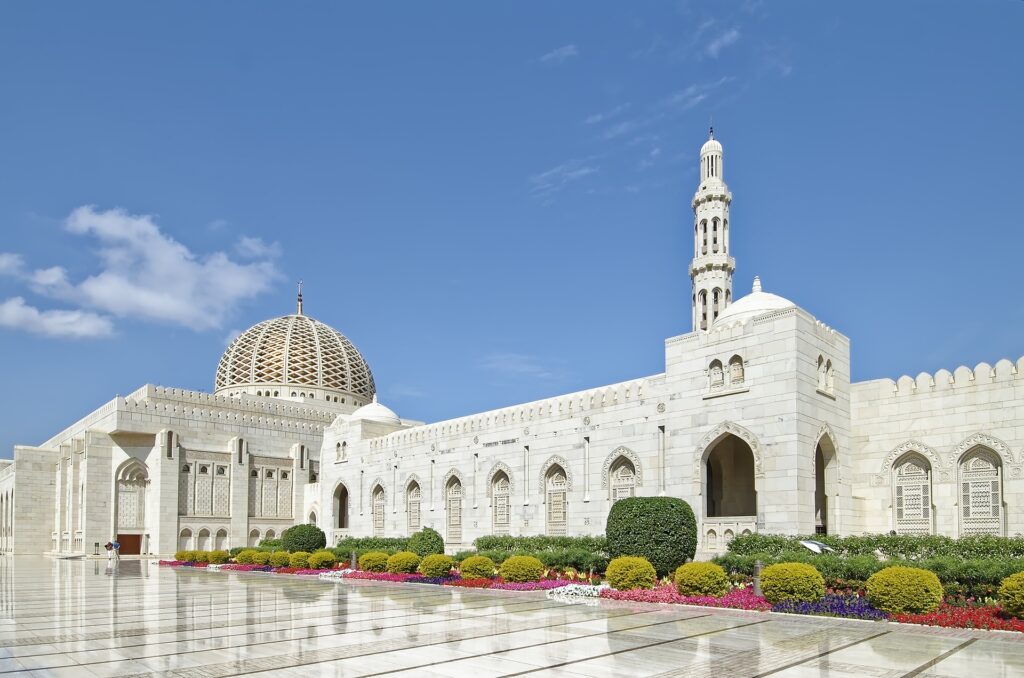
“Due to the mischief of the hypocrites, of Medina and the hardships inflicted by them on the Holy Prophetsa and the Muslims, Allah the Exalted warned them severely in the Holy Quran and declared them Hell-bound on account of their disobedience. However, in spite of this, the Holy Prophetsa led the funeral prayer of Abdullah bin Ubayy bin Salool, the leader of the hypocrites upon his death and sought forgiveness for him. He did so on the basis of the choice that was given to him by Allah the Exalted up to that time that he may seek forgiveness for them or choose not to do so.
“The teaching of Islam on forgiveness has such profound wisdom in it, of which the teachings of previous religions were devoid. Hence, Islam teaches concerning every one of its enemies, that [Muslims] pray for their guidance and to strive for their tarbiyat as long as there is hope for their reformation. Thus, in the Battle of Uhud, when the Muslims were harmed and even the Holy Prophetsa was also wounded, someone requested the Holy Prophetsa to curse the opponents of Islam. The Holy Prophetsa said, ‘Allah did not appoint me to curse, but He sent me as His Messenger who shows mercy.’ The Holy Prophetsa then prayed to Allah, ‘O Allah, guide my people because they are ignorant of (my status and Islam’s) truth’ (Shu‘ab al-Iman, Al-Bayhaqi). Similarly, in another narration, the Holy Prophetsa humbly supplicated to Allah, saying: ‘O Allah, forgive my people, for they are opposing Islam due to their ignorance of (my status and Islam’s) truth.’ (Al-Mu‘jam al-Kabir, at-Tabarani)
“Therefore, Islam urges its followers to be full of compassion for all mankind, irrespective of religion, nationality, colour and race, and to seek forgiveness for everyone except for such idolators and enemies of God whom He has definitively condemned to hell.
If your question is related to a particular person, then the question of Muslim and non-Muslim does not arise; rather, the judgement should be made according to the circumstances, events and facts related to that person.”
Eid al-Adha
Someone asked [Hazrat Amirul Momineen, Khalifatul Masih Vaa] whether the instruction prohibiting the trimming of hair and clipping of nails from 1 Dhul-Hijjah up to the slaughtering of the sacrificial animals applied exclusively to pilgrims [hujjaj] or also to everyone who intended to sacrifice [an animal]. He also asked what the ruling was for people of a certain area who found out late about the appearance of the moon of Dhul-Hijjah.
Huzooraa, in a letter dated 11 August 2020, gave the following guidance:
“What we learn from ahadith is that this rule is for everyone who offers sacrifice. Hence, Hazrat Umm Salamara narrates that the Holy Prophetsa said:
“‘Anyone who desires to sacrifice [on Eid al-Adha] should not get his hair cut or nails trimmed after observing the new moon of Dhul-Hijjah until [the sacrificial animal] has been sacrificed.’ (Sahih Muslim, Kitab al-Adahi)
“On the other hand, if the people of a certain area did not realise the rising of the moon of Dhul-Hijjah on [the night of] 29 Dhul-Qa‘dah, and found out about it a couple of days later, then they are bound by this command of the Holy Prophetsa only from the time when they realise the appearance of the moon.”
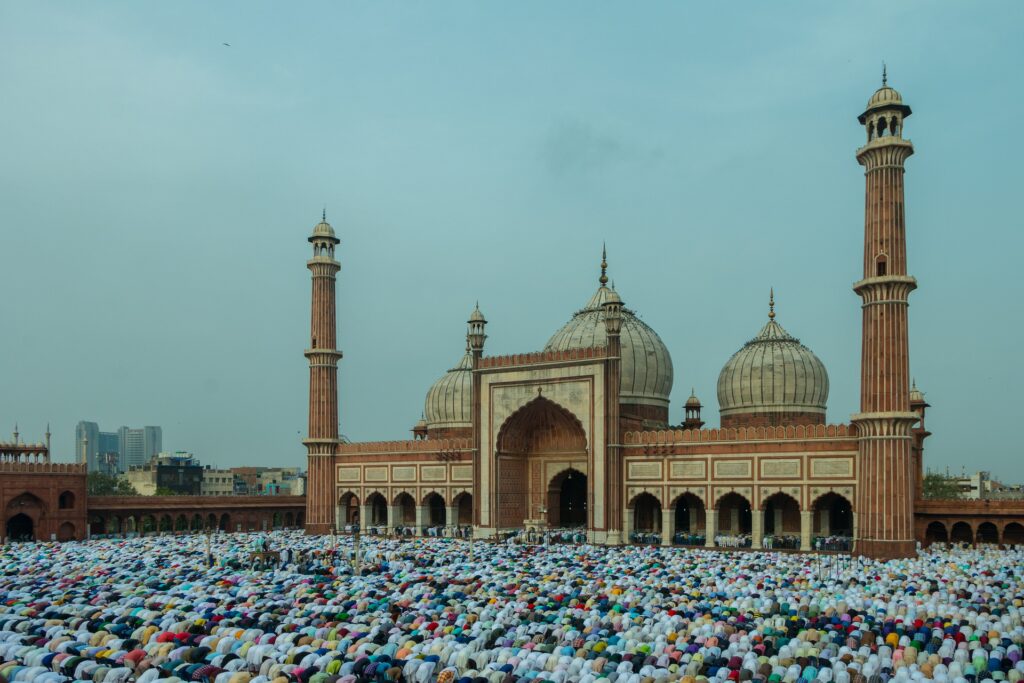
Death of Hazrat Yahyaas and Hazrat Zachariahas
Someone wrote to Hazrat Amirul Momineen, Khalifatul Masih Vaa and asked, “Were Hazrat Yahyaas and Hazrat Zachariahas murdered, or does ‘murder’ denote the destruction of their message?”
Huzooraa, in a letter dated 11 August 2020, gave the following guidance:
“Just as there is a difference of opinion found in the books of history and sirah and among the views of the classical scholars regarding the murder of Hazrat Yahya and Hazrat Zachariah, peace be upon them, so is there also a difference of opinion in the Jamaat on this among the Khulafa-e-Ahmadiyyat in light of their reasoning from the verses of the Holy Quran and their interpretation of ahadith.
“My view in this regard concurs with the opinion of Hazrat Musleh-e-Maudra. In light of the Holy Quran, the ahadith of the Holy Prophetsa and the guidance given by the Promised Messiahas, I hold the position that the first and last prophet of any dispensation or a prophet about whom Allah has promised that He would safeguard him from the reach of the people, cannot be killed. Apart from them, being killed is not a bad thing per se for the rest of the prophets and it does not tarnish the honour of a prophet because being killed is also one way of being martyred. However, being killed in a state of failure does not behove prophets. Hence, when a prophet has completed his work, then there is nothing wrong with him dying naturally or being martyred by someone else because no one is astounded at someone’s death in a state of success and neither does the enemy rejoice in such a death.
“Thus, Hazrat Yahyaas and Hazrat Zachariahas were not the first or the last prophets of any dispensation, nor is there any promise of God Almighty mentioned somewhere about them that He would certainly safeguard them from the hands of the enemy. Moreover, we believe that when these prophets were martyred, they certainly must have fulfilled their responsibilities which, Allah had entrusted to them, in the best possible manner.”
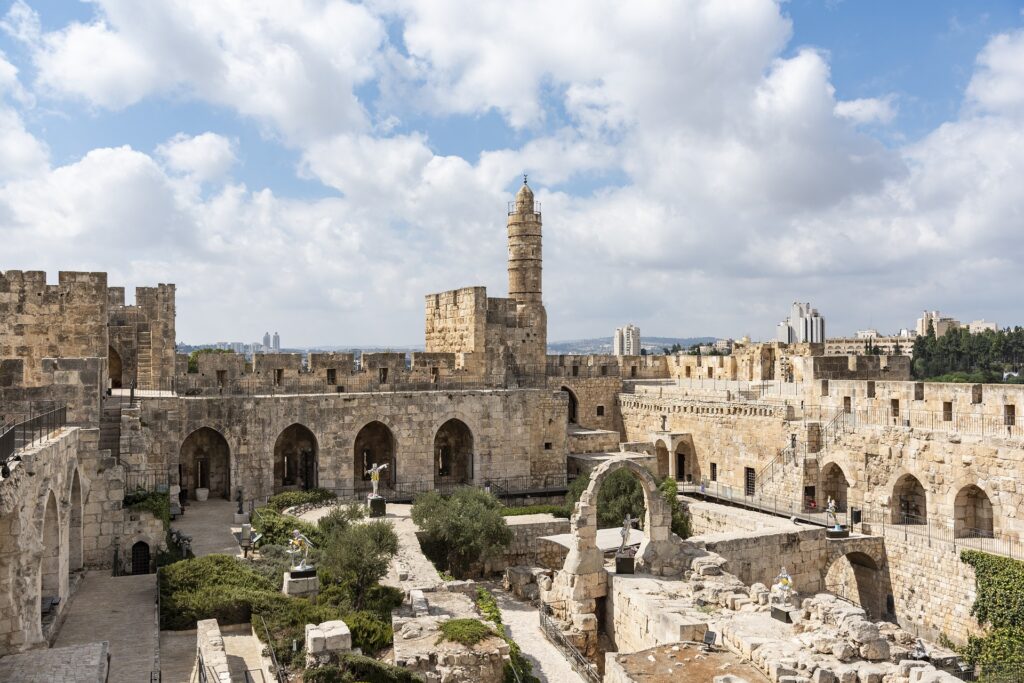
Nikah and talaq and khula
A lady sent some questions to Hazrat Amirul Momineen, Khalifatul Masih Vaa about nikah [the Islamic marriage] and talaq [divorce].
Huzooraa, in a letter dated 17 August 2020, gave a detailed reply to those questions and said:
“I. A divorce, be it talaq or khula, does not require both parties [husband and wife] to agree or to have witnesses. However, for a nikah to take place, it is necessary to fulfil both conditions. This is because nikah is an agreement between the parties, which requires the consent of both the parties and of the girl’s guardian [wali] as well as the presence of witnesses. There is also the commandment to announce and declare this contract.
“Islam has given both the parties the power to terminate the marriage contract [nikah], which is termed as khula and talaq. However, just as a woman cannot perform her nikah on her own but does so through her wali, so too can she invoke khula only through dar al-qaza or the ruler of that time. This is in order to protect her rights in case of a khula. On the other hand, just as a man arranges his nikah himself, so too can he directly issue a talaq himself because he is obligated to pay the woman’s dues in case of a talaq. The Promised Messiahas, while elucidating the philosophy of khula and talaq, states:
“‘The Islamic Shariah has not only placed the authority to divorce the woman in the hands of the man when he observes a fault or finds an incompatibility but has also given the woman the power to get a divorce through the ruler of the time. And when a woman gets a divorce through the ruler, it is termed as khula in Islamic terminology. If a woman finds her husband to be cruel, or if he beats her unjustly, or abuses her in some other intolerable way, or is incompatible for any other reason, or he is indeed impotent or changes his religion, or if there is any other reason which makes it unbearable for the woman to live in his house, then in all such cases the woman or one of her walis should complain to the ruler of the time. And it shall be obligatory upon the ruler of that time to separate the woman from the man by his decree and annul the marriage if he really considers the complaint of the woman to be true. However, in this case, it would also be necessary to summon the man to court to [defend himself] as to why his wife should not be separated from him.
“Now, look at how fair it is that, just as Islam does not like for a woman to marry someone directly without [the agency] of a wali who may be her father or brother or any other loved one, likewise it also does not like for a woman to separate from her husband herself like the man; rather, in the case of separation even more caution has been excercised than with marriage insomuch that the agency of the ruler has been made compulsory so that the woman may not inflict any harm to herself on account of her gullibility. (Chashma-e-Ma‘rifat [Urdu], Ruhani Khazain, Vol. 23, p. 288-289)
“Since khula is conducted through dar al-qaza, the testimony is automatically established. However, since talaq does not happen in this manner, if both the spouses agree to the talaq going ahead and there is no disagreement between them, then such a divorce will be considered effective even without witnesses. Therefore, having witnesses for the talaq is mustahab i.e. preferable but it is not compulsory. Where the Holy Quran mentions witnesses in the matter of divorce and remarriage, it has declared it an ‘advice’. The Holy Quran states:
فَاِذَا بَلَغۡنَ اَجَلَهُنَّ فَاَمۡسِكُوۡهُنَّ بِمَعۡرُوۡفٍ اَوۡ فَارِقُوۡهُنَّ بِمَعۡرُوۡفٍ وَّ اَشۡهِدُوۡا ذَوَيۡ عَدۡلٍ مِّنۡكُمۡ وَ اَقِيۡمُوا الشَّهَادَةَ لِلّٰهِ ؕ ذٰلِكُمۡ يُوۡعَظُ بِهٖ مَنۡ كَانَ يُؤۡمِنُ بِاللّٰهِ وَ الۡيَوۡمِ الۡاٰخِرِ ۬ؕ وَ مَنۡ يَّتَّقِ اللّٰهَ يَجۡعَلۡ لَّهٗ مَخۡرَجًا ۙ
“‘Then, when they are about to reach their [prescribed] term, keep them with kindness, or put them away with kindness, and call to witness two just persons from among you; and bear [true]witness for Allah. This is by which is admonished he who believes in Allah and the Last Day. And he who fears Allah — He will make for him a way out.’ (Surah al-Talaq, Ch.65: V.3)
“Jurists also agree that if a man issues a talaq their spouse or, [if legally permitted], returns [ruju‘] to the same spouse without having witnesses, their talaq or ruju‘ will not be affected by the lack of witnesses.
“II. As far as the talaq, which is issued in a state of anger, is concerned, when a man divorces his wife, he takes this step indeed out of anger at her behaviour that he considers unbearable and futile. No man would divorce his wife while being happy with her. Therefore, a divorce issued in such a state of indignation will also be effective.
“However, if the person was raging to such an extent that he was in a state of insanity and he hastily divorced his wife without considering the consequences, but became remorseful once the state of madness subsided and he finally realised his mistake, then, for this kind of situation, the Holy Quran has said:
لَا يُؤَاخِذُكُمُ اللّٰهُ بِاللَّغۡوِ فِيۡۤ اَيۡمَانِكُمۡ وَ لٰكِنۡ يُّؤَاخِذُكُمۡ بِمَا كَسَبَتۡ قُلُوۡبُكُمۡ ؕ وَ اللّٰهُ غَفُوۡرٌ حَلِيۡمٌ
“‘Allah will not call you to account for such of your oaths as are vain, but He will call you to account for what your hearts have earned. And Allah is Most Forgiving, Forbearing.’ (Surah al-Baqarah, Ch.2: V.226)
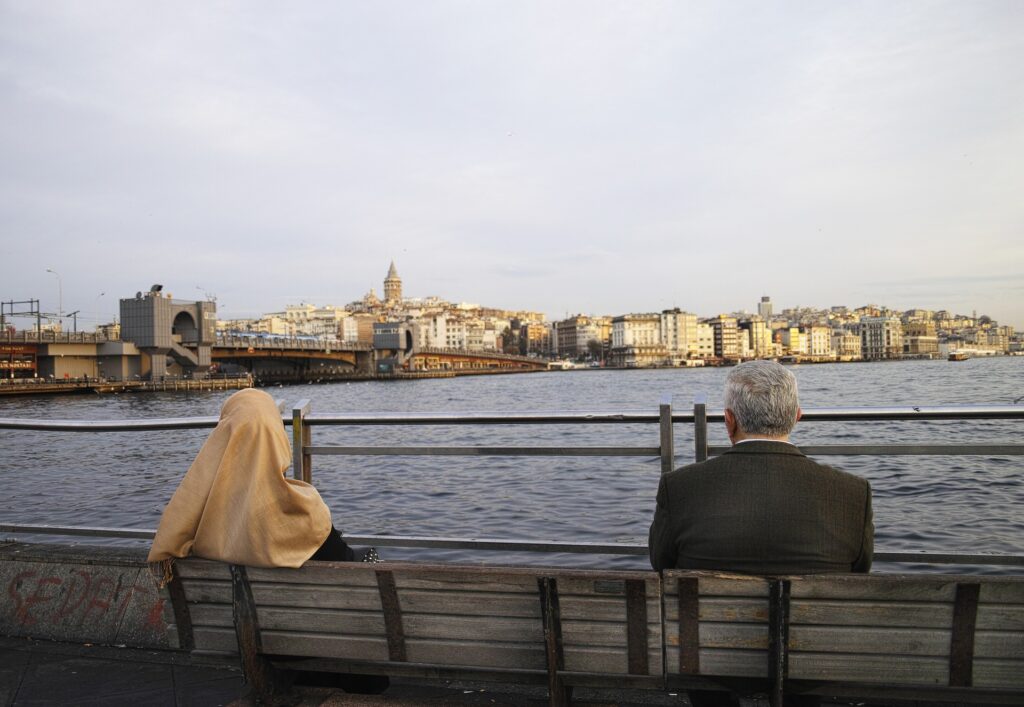
“III. A conditional talaq also becomes effective upon the fulfilment of the condition. Hence, Nafi‘, the disciple of Hazrat Abdullah bin Umarra who was also his freed slave, narrates that a man told his wife that if she went out, she would be considered divorced. Upon this, Hazrat Abdullah bin Umarra gave the fatwa that if his wife indeed went out then she would indeed be considered divorced and if she did not go out then nothing would happen to her. (Sahih Bukhari, Kitab at-talaq)
“The Promised Messiahas states in this regard:
“‘If there is a condition that if such and such happens then one would be considered divorced and if that condition is actually met, then then the talaq becomes effective indeed. For example, if a person says that if he ate such and such fruit then he would be considered divorced. If he then indeed eats such fruit, the divorce becomes effective.’ (Badr, Vol. 2, dated 12 June 1903, p. 162)
“IV. The preferred way for talaq is that the husband should issue the divorce in such a tuhr [the days of purity between each menstrual cycle] during which he has not established an intimate relationship with her. However, if he does not do so and divorces her during pregnancy, menstruation or the postpartum period [nifaas], then such a divorce shall also be effective, because if the divorce that is granted during a state of tuhr during which no intimate relationship was established, had been the only effective talaq, then the discussion on the iddah upon talaq of a pregnant woman in the Holy Quran would be in vain. Therefore, the statement regarding iddah upon talaq of a pregnant woman in the Holy Quran is proof of the fact that a divorce granted during pregnancy is also considered effective.
“Similarly, regarding the divorce granted during menstruation, the following statement of Hazrat Abdullah bin Umarra is narrated in the books of hadith that he considered the talaq granted [by someone] to his wife during her menstrual period as an effective divorce. (Sahih Muslim, Kitab at-talaq)
“V. A divorce after which the ruling of iddah applies to the wife, regarding this iddah, there is a Quranic command that during this time, the husband should not evict the wife from the house, nor should the wife leave her house; rather, she should spend the iddah period at the husband’s house. Hence, it states:
لَا تُخۡرِجُوۡهُنَّ مِنۡۢ بُيُوۡتِهِنَّ وَ لَا يَخۡرُجۡنَ
“‘Turn them not out of their houses, nor should they [themselves] leave.’ (Surah al-Talaq, Ch.65, V.2)
“Islam does not impose any such restrictions on a divorced woman during the period of iddah with regard to her adornment or going out of the house for work and other obligations, as it does in the case of a widow during her iddah. On the contrary, in the ahadith, the opposite ruling is found for a divorced woman. Hence, the Holy Prophetsa not only allowed a woman to go out during the iddah period upon talaq, but also expressed his liking for her doing so. Hazrat Jabir bin Abdullahra narrates:
طُلِّقَتْ خَالَتِي فَأَرَادَتْ أَنْ تَجُدَّ نَخْلَهَا فَزَجَرَهَا رَجُلٌ أَنْ تَخْرُجَ فَأَتَتْ النَّبِيَّ صَلَّى اللّٰهُ عَلَيْهِ وَسَلَّمَ فَقَالَ بَلَى فَجُدِّي نَخْلَكِ فَإِنَّكِ عَسَى أَنْ تَصَدَّقِي أَوْ تَفْعَلِي مَعْرُوفًا
“‘My maternal aunt was divorced, and she intended to pluck dates from her orchard. A person scolded her for having come out [during the period of iddah]. She came to Allah’s Prophetsa and he said: ‘Certainly you can pluck dates from your orchard of palms, for perhaps you may give charity or do an act of kindness.’ (Sahih Muslim, Kitab al-Talaq)
“VI. The ruling that applies to talaq al-ba’in, also applies to khula, that is, a new nikah is necessary for remarriage after that, without which recourse [ruju‘] cannot take place.”
(Compiled by Zaheer Ahmad Khan, Head of Records Dept, Private Secretariat, London. Translated by Al Hakam)

